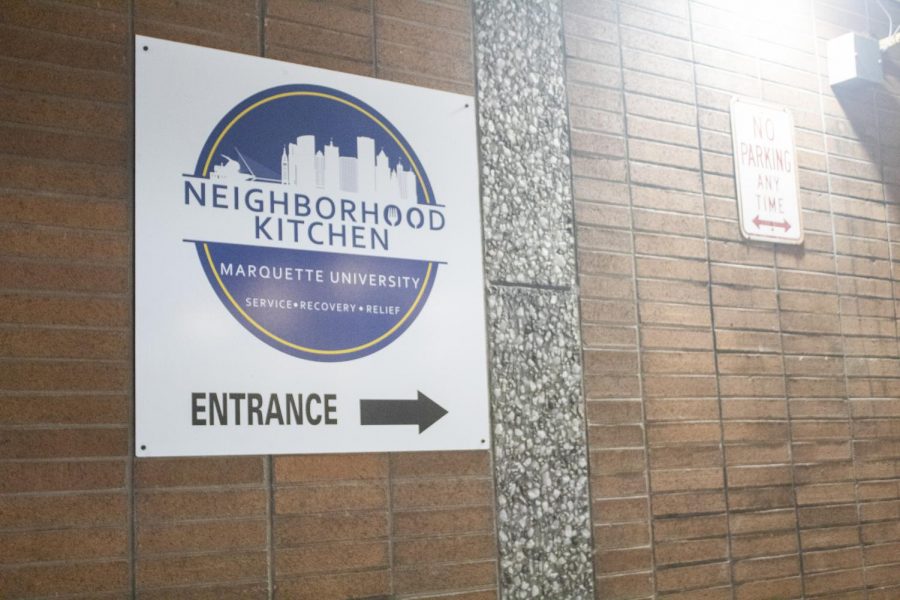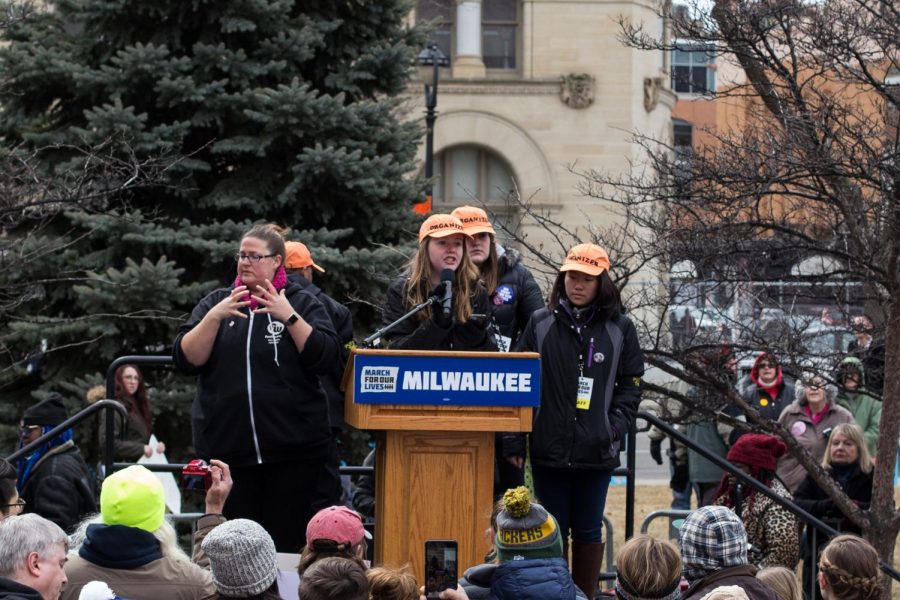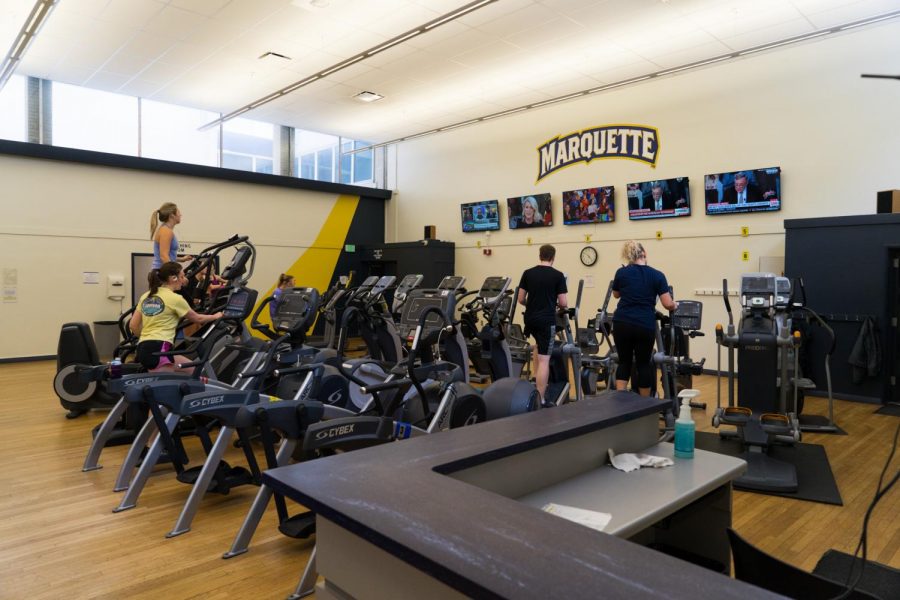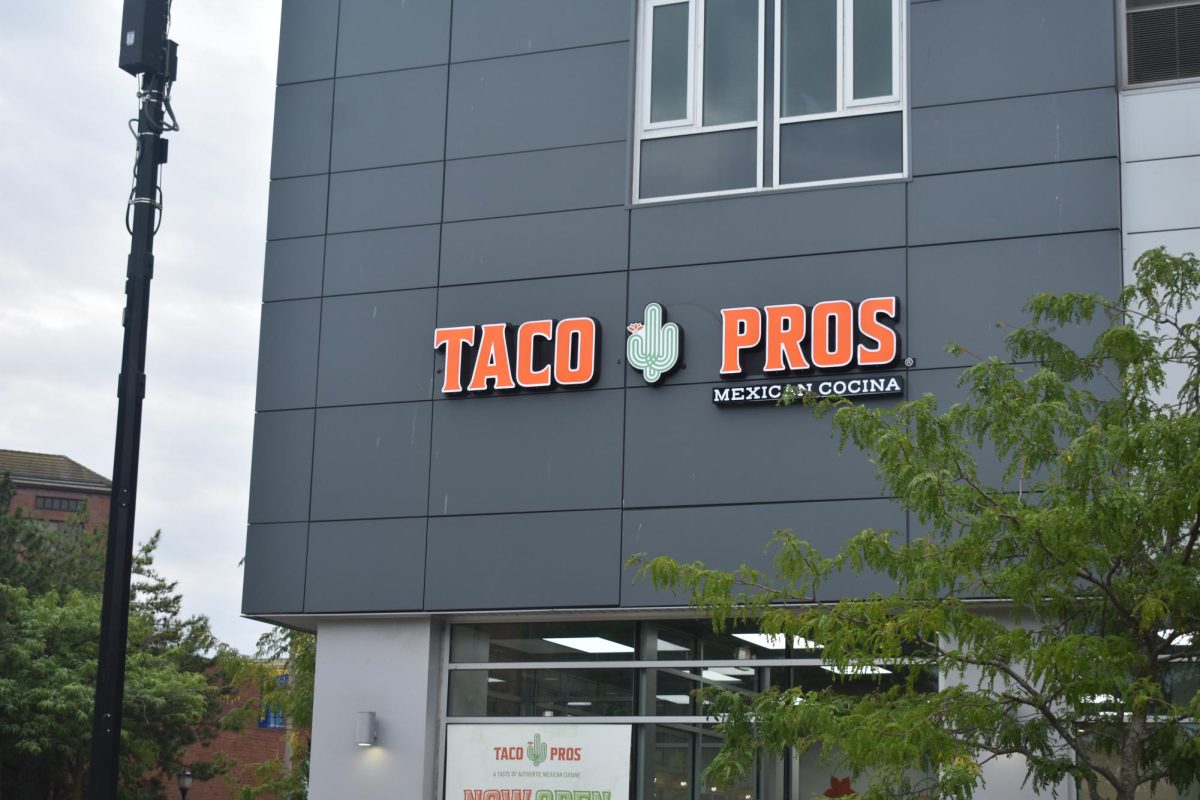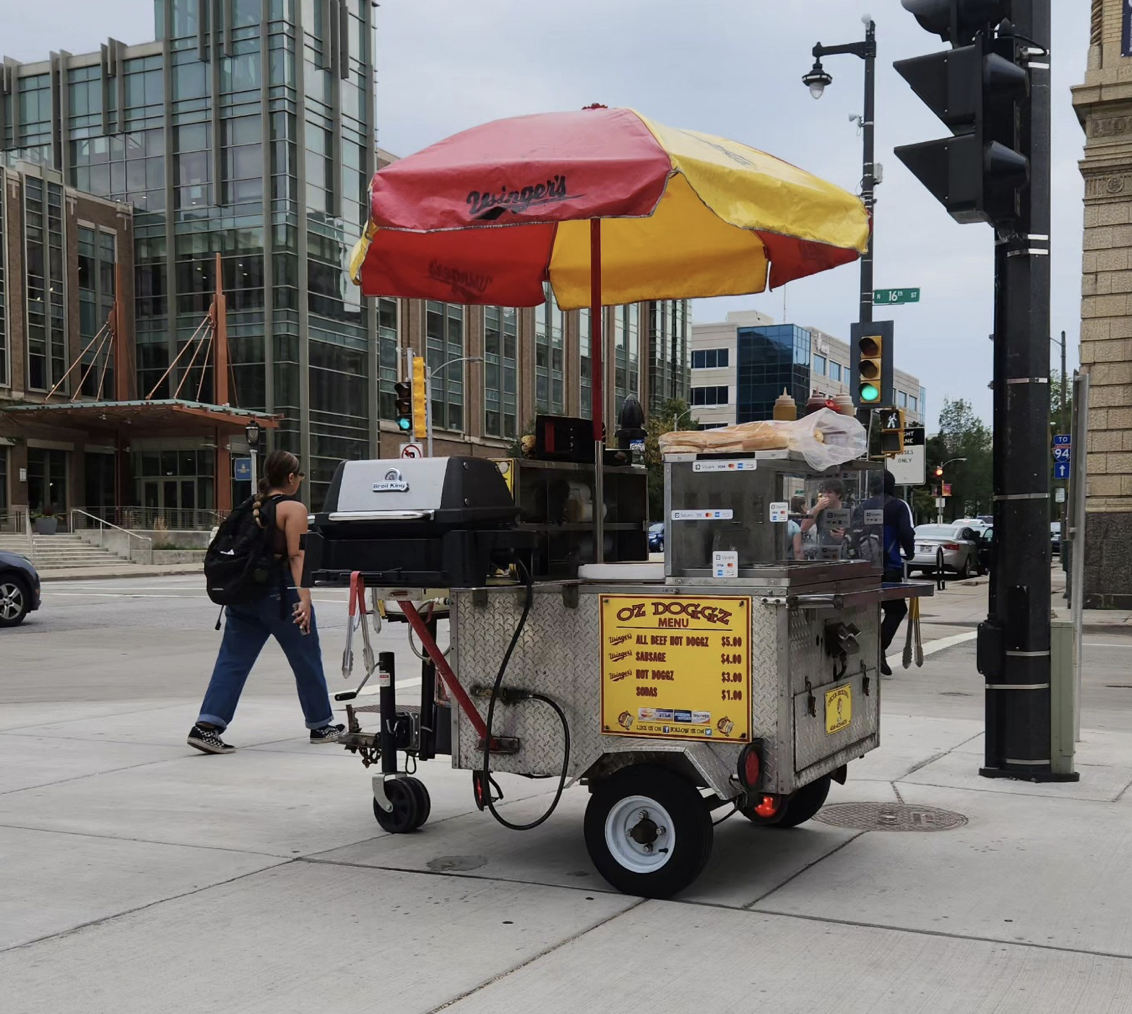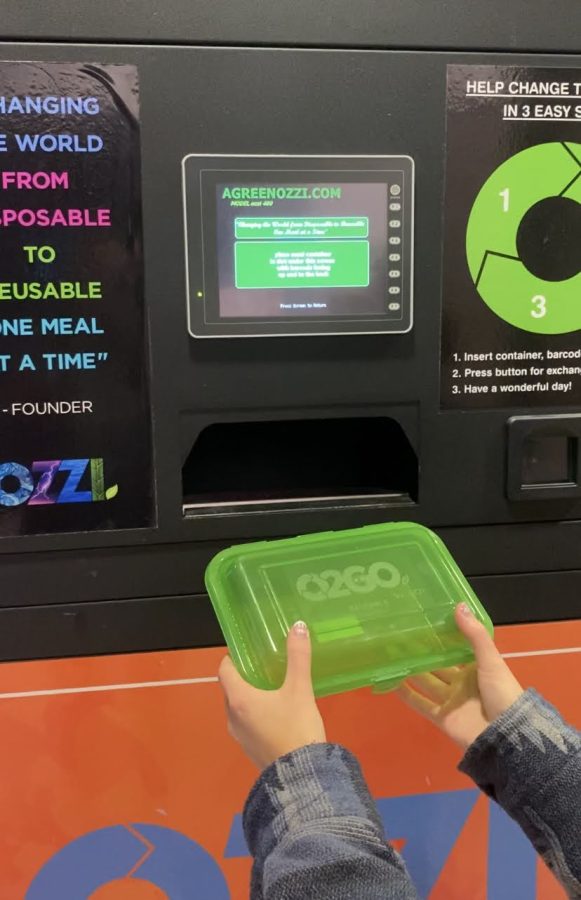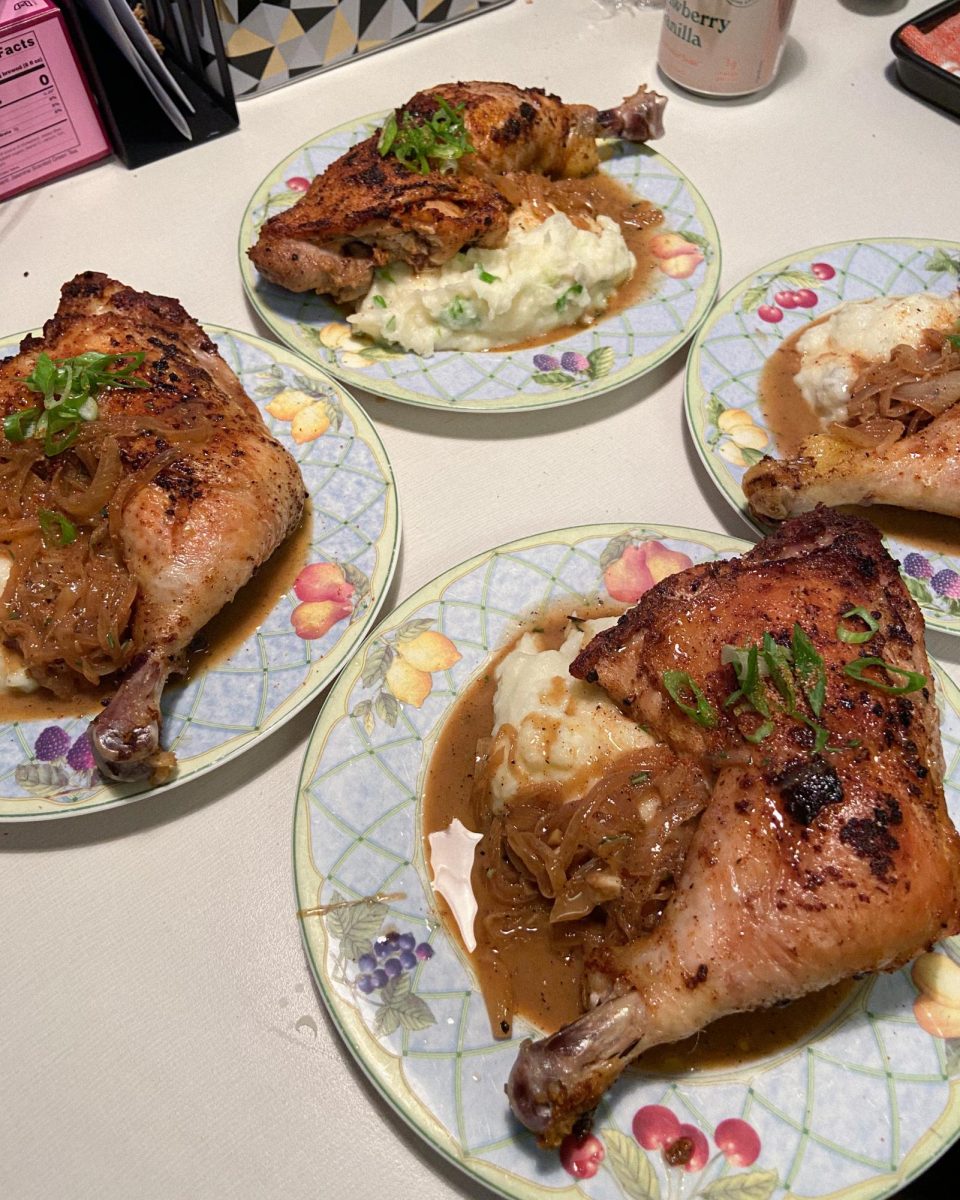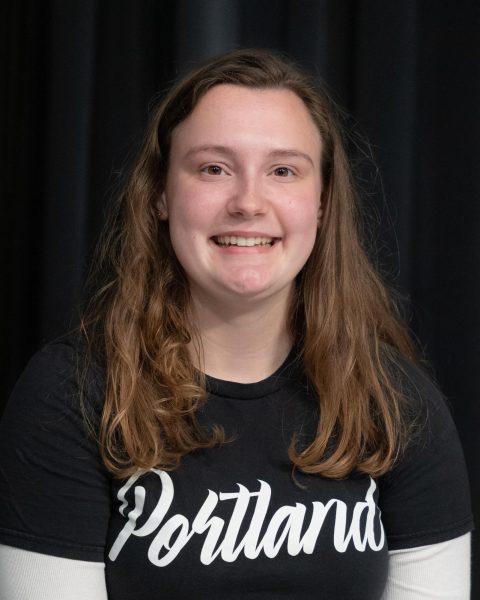According to a 2018 study by doctoral student Noreen Siddiqui, about one in five Marquette students experience food insecurity. Before the pandemic food insecurity rates were the lowest they had been in 20 years. However, as a result of the pandemic food insecurity levels has risen.
“Things have probably only gotten worse with the level of food insecurity students are experiencing since we’ve seen food insecurity just skyrocket in the U.S. since the pandemic,” Siddiqui said.
Food insecurity isn’t just the lack of food, it’s not having enough or the proper food to meet an individual’s nutritional needs. So, someone could be eating three meals a day, seven days a week, but they could still fall under the umbrella of food insecurity.
While there are many federal and statewide programs to address food insecurity, many students aren’t able to access these programs.
SNAP is the federal nutritional assistance program that helps provide a food budget for individuals in need. College students aren’t normally eligible for federal programs like SNAP, and Wisconsin’s foodshare has only recently increased eligibility to some students.
However, this new eligibility is only temporary as a result of the pandemic. Normally, many of these programs require participants to be working at least 20 hours a week.
“If you go talk to anyone on campus, that’s the absolute most that students are working a week,” Siddiqui said.
Siddiqui also explained how there is a bit of stigma surrounding food insecurity in the United States.
“America is a highly individualistic culture. As an individual you should be able to provide for yourself, and if you can’t, you’re not working hard enough,” Siddiqui said.
“That’s just not true, especially when talking to students almost everything that they talked about as what caused their food insecurity most things were completely out of their control,” Siddiqui said.
Another obstacle that prevents students from obtaining available resources is believing that they would be taking resources away from others.
“We are surrounded by a neighborhood where there is extreme need and so it is very easy for students to say I’m not needy enough,” Siddiqui said.
While students may not want to take resources away from the community, Marquette has it’s very own resource. The “Backpack Program” is a service at Marquette that provides groceries and other essential household items to students. It’s free to use and all students are eligible without proof of need.
“(The Backpack Program) is a way for students to shift it a little bit to say, I’m not taking away resources from the communities. This is something that I can access as a student,” Siddiqui said.
John Brown, a member of the executive board for the Backpack program and senior in the College of Health Sciences, said the Backpack Program has received a lot more requests for the use of its services since the pandemic. Between the start of 2020 and the fall semester the number of participants increased by 68. Currently, for the spring semester, there are 160 registered participants.
“As for high demand items, this semester is actually personal products more than anything else. We also get requests occasionally for more fresh produce, but work diligently to provide that as much as we can,” Brown said in an email.
Personal items include products such as laundry detergent, cleaning supplies, body wash, hand soap and dish soap.
While the Backpack Program is a resource on campus just for students, there are still more ways to change the culture around food insecurity. Part of this would be normalizing resources like the Backpack Program.
“You know at one point having counseling centers on college campuses was a fight that had happened because it was seen as not academic related, and so it’s something that students should go outside of the University to get services and access to,” Siddiqui said.
Now, nearly all college campuses have counseling centers that students can access. Siddiqui hopes that food pantries and other food insecurity resources can be normalized, just like counseling centers.
“The more students that know about the Backpack Program, the better in our eyes,” Brown said in an email. “ No one should ever have to go hungry, student or not, and we hope this will help to shine a larger light on food insecurity and its misplaced stigmas as well.”
This story was written by Megan Woolard. She can be reached at megan.woolard@marquette.edu


